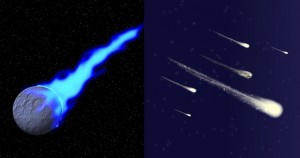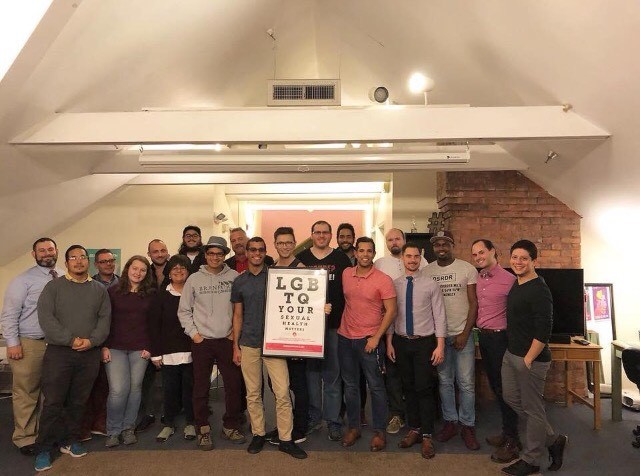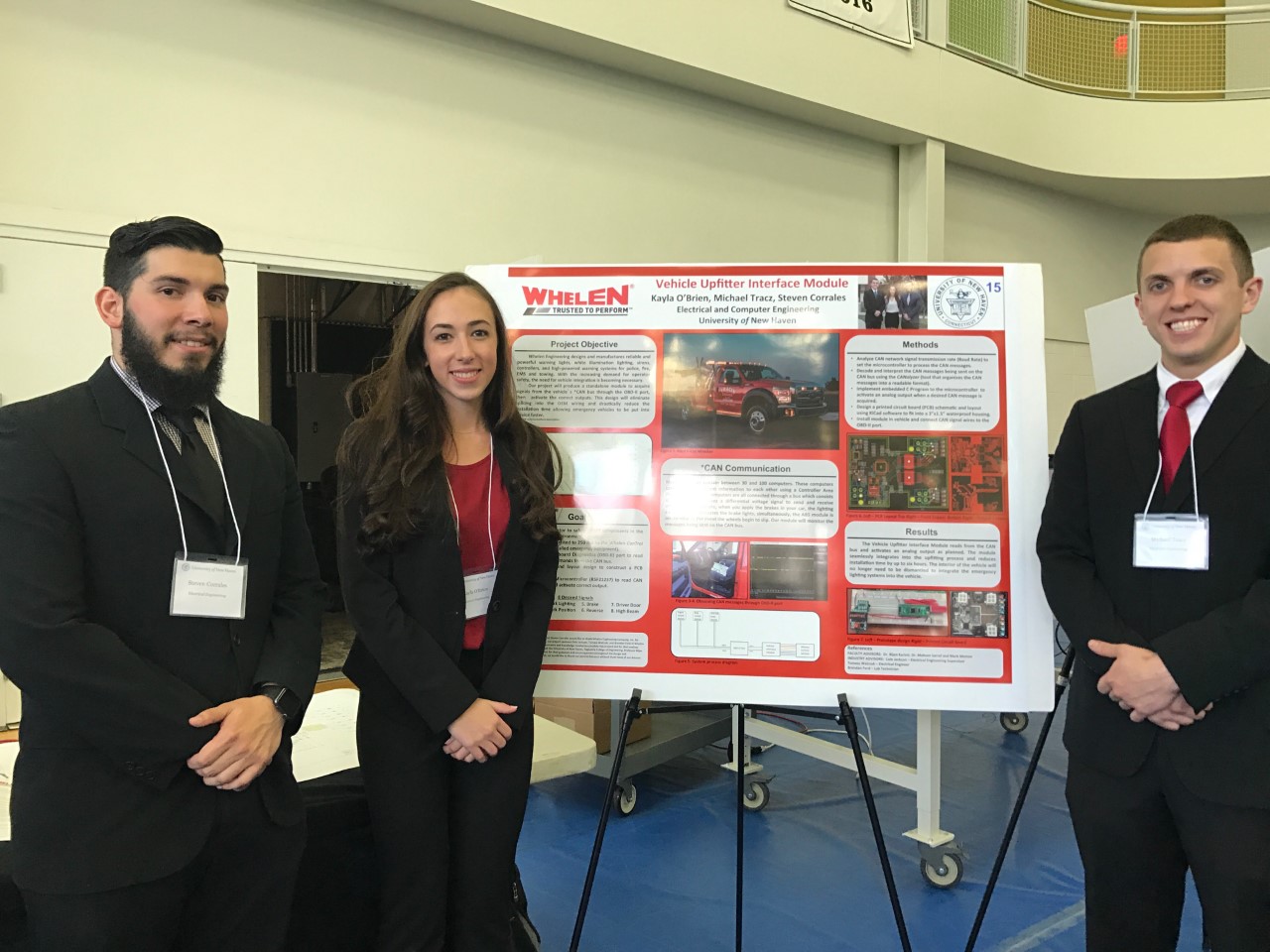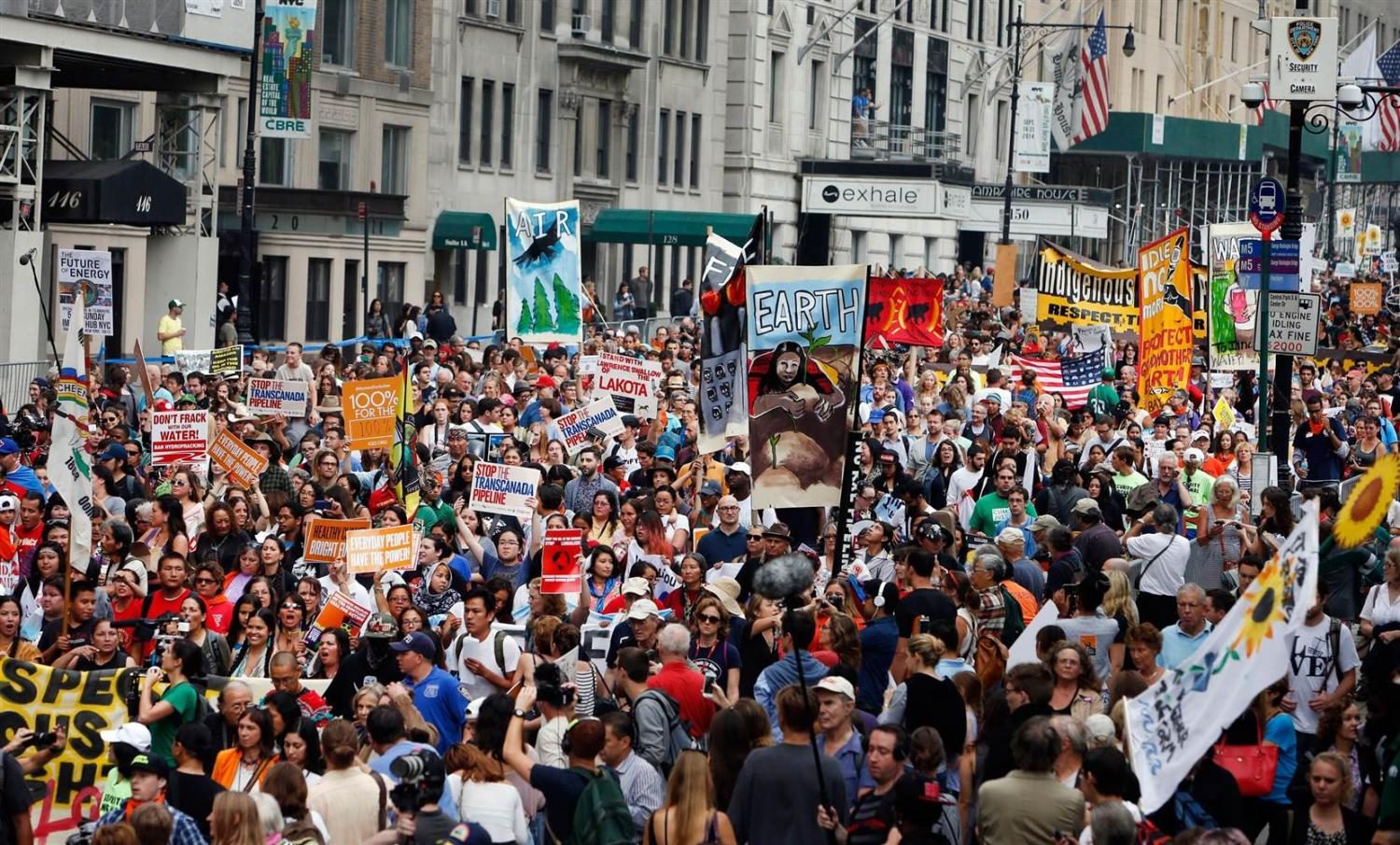Joel Marks, philosophy professor emeritus and an amateur astronomer, needs your signature. He has until March 17 to obtain 100,000 signatures on a petition asking the White House to support full funding for the detection and deflection of asteroids or comets that might strike the Earth.

“This might seem far-fetched,” he said, “but in light of the meteor that fell in Siberia, it is not. It is a logical fallacy to say that it is highly unlikely that a space rock could fall on us.”
The online petition asks the White House “to accord due urgency to seeking full funding for both detection and deflection technologies, including space-based observatories and research and testing of all possible means of diverting the whole range of sizes of objects on short notice.”
The meteor that exploded earlier this month 20 miles above the city of Chelyabinsk, Russia, in the Ural Mountains, released about 33 times the energy of the atomic bomb that destroyed Hiroshima. While it did not have the radiation that an atomic explosion emits, it did result in the injury of hundreds of people hit by flying debris and glass. “Had it exploded at a lower altitude,” said Marks, “that city of one million inhabitants would have been obliterated.”
Before hitting the Earth’s atmosphere, the object was about 55 feet wide and had a mass of about 10,000 tons, the National Aeronautics and Space Administration (NASA) said in a statement.
The meteor, which hit 16 hours before another object half the length of a football field hurtled past Earth, has prompted calls to be more vigilant about the risks of strikes from space. Every day, 100 tons of dust and sand-size particles enter the Earth’s atmosphere, most of which burns up.
Marks said the infrared technology to detect asteroids exists but it has not been fully applied or developed for this application. Furthermore, comets can arrive from the outer solar system at any time without the possibility of prior detection.
“Thousands of objects are being tracked by NASA,” Marks said. “But many thousands more are known to exist but have not yet been detected. We need, therefore, to devote more time and attention not only to increased surveillance but also to creating a defensive infrastructure. If this petition is successful, the government will redouble its efforts in both regards.”
















